Reconciliation in exile: how a Colombian in Switzerland is coming to terms with the conflict
Reconciliation is an important part of peacebuilding, but the people living in exile are often forgotten about in the process. Most recently, Colombia has become the first country to listen to the voices of the exiled population. Jehisson Santacruz, who fled to Switzerland, is one of them.
Between 1958 and 2016, the government of Colombia, far-right paramilitary groups and far-left guerrilla groups such as FARC were at war with each other, and the conflict is not yet settled. In 2018, the Colombian government launched a truth commission to investigate and clarify human rights violations committed during the war.
Jehisson Santacruz is one of the one million people who were displaced by the conflict. Back in Colombia, the artist campaigned for the indigenous people – which nearly cost him his life when a suspected right-wing paramilitary fired 32 shots at him from a motorbike. Miraculously, Santacruz was only slightly wounded, but after the attack he received serious threats against him and his family. Santacruz decided to flee from the city of Cali to Switzerland, where he arrived in 2019.
The Colombian Truth Commission aims to pursue the clarification of the causes and patterns of the conflict, and why it lasted for so long. It makes recommendations on how government and civil society can prevent a similar civil-war-like situation and aims to provide the modern Colombian society with the truth of what really happened.
The commission’s final report is based on interviews with 30,000 victims, former combatants, witnesses and survivors. The testimonies were taken not only in Colombia but from 2,100 witnesses in 23 other countries.
Jehisson Iván Santacruz Giraldo is one of 60 witnesses who testified in Switzerland.
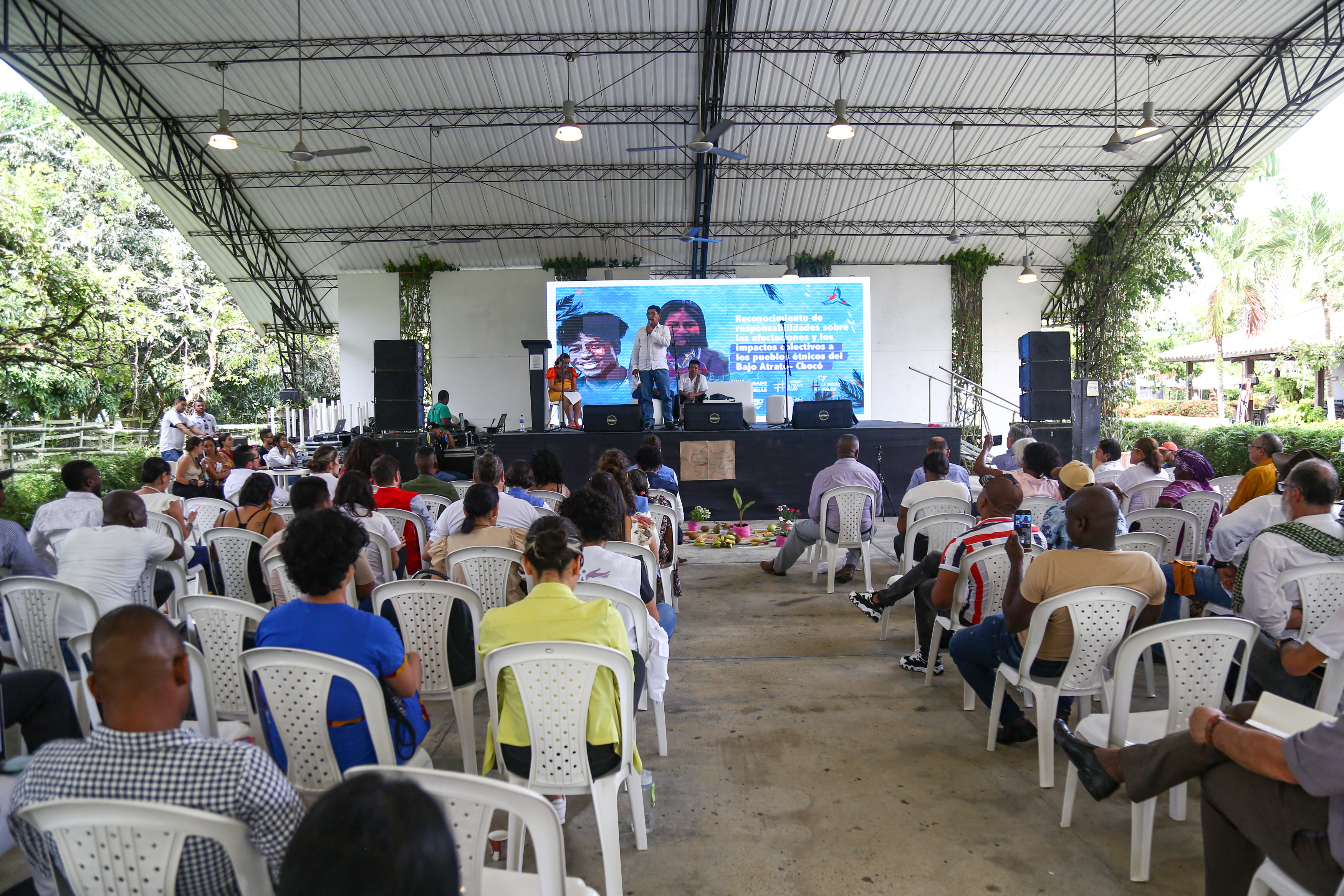
Gathering testimonies
Santacruz fled Colombia only after the government and FARC had signed a peace agreement in September 2016. But Colombia still has a long way to go for the historic deal to take effect. Violence is still rife owing to drug trafficking and the presence of armed groups.
After Santacruz was granted asylum in Switzerland, he joined an integration programme which enabled him to study arts. He knows that his life is incomparably better than the lives of many other Colombians who also had to flee their homes. However, he did not voluntarily go and live in another country. He was forced to, which took him a long time to come to terms with.
Testifying for the truth commission was a cathartic experience for Santacruz. After all, it was the first time someone had ever asked him about his plight since he left Colombia.
A truth commission with a pioneering spirit
Since the 1970s, dozens of such commissions have been established to help the population deal with the past. But the Colombian Truth Commission became the first one to listen to the voices of the victims living in exile. It has also explicitly categorised living in forced exile as a human rights violation.
In Switzerland, the peace foundation swisspeacefacilitatedExternal link the participation of the diaspora and the collection of testimonies. The Swiss government mandated swisspeace to launch so-called transitional justice projectsExternal link, which are programmes that help societies deal with the past and start their reconciliation progress.
“The Colombian Truth Commission is very innovative and has attracted a lot of international attention,” says Lisa Ott, head of the “Dealing with the Past” programme at swisspeace. She thinks the commission is a true role model as it includes a large part of Colombian society, has a broad thematic focus and end-to-end digitalisation. Involving the exiled population is also a very important step in the process, she says. “Conflicts always lead to displacement, which is a double burden for the exiled population. They suffer as victims of the conflict and as refugees in another country.” Other truth commissions around the world can learn a lot from the Colombian model, she believes.
For more than a decade, Switzerland has been trying to position itself internationally in the field of dealing with the past. “Supporting global peace processes is part of Switzerland’s foreign policy,“ Ott says.
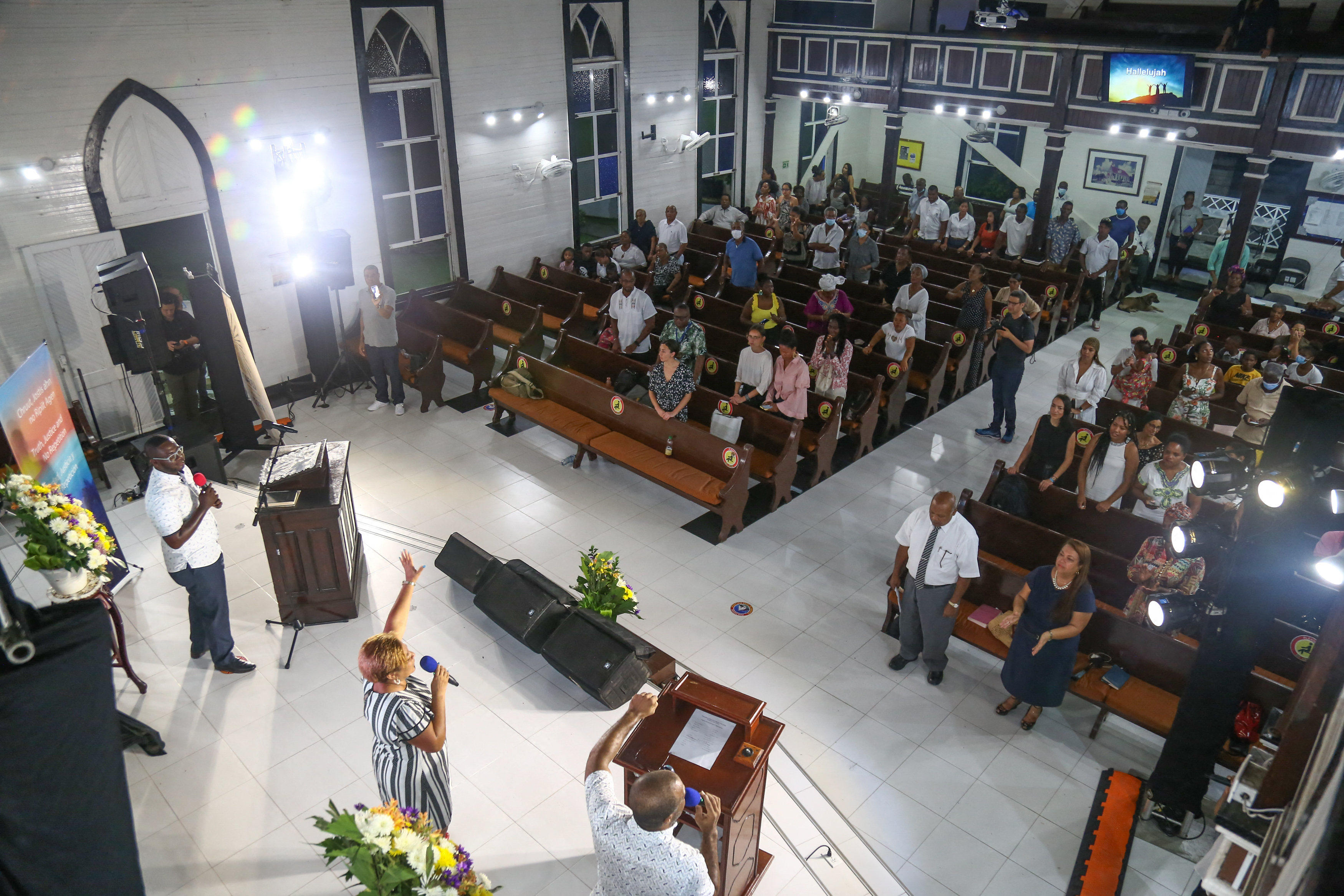
Switzerland’s engagement in Colombia
For 20 years, Colombia has been a priority country for Swiss peace and human rights policy. Together with other countries, Switzerland has acted as mediator in the peace process for many years, but, as in many such cases, the public does not know much about it. In October 2023 the Swiss foreign ministry published a reportExternal link announcing that Switzerland was to serve as guarantor state in the negotiations between the Colombian government and the ELN rebel group. Its mandate is to be present at the negotiations and provide political and technical support to the process.
There is yet another link between Switzerland and the Colombian Truth Commission: Switzerland is to retain a digital backup copyExternal link of the commission’s archives, which also contain testimonies taken from exiled Colombians, including the one from Jehisson Santacruz, who continues to live in Switzerland.
Edited by Benjamin von Wyl. Adapted from German by Billi Bierling/ts
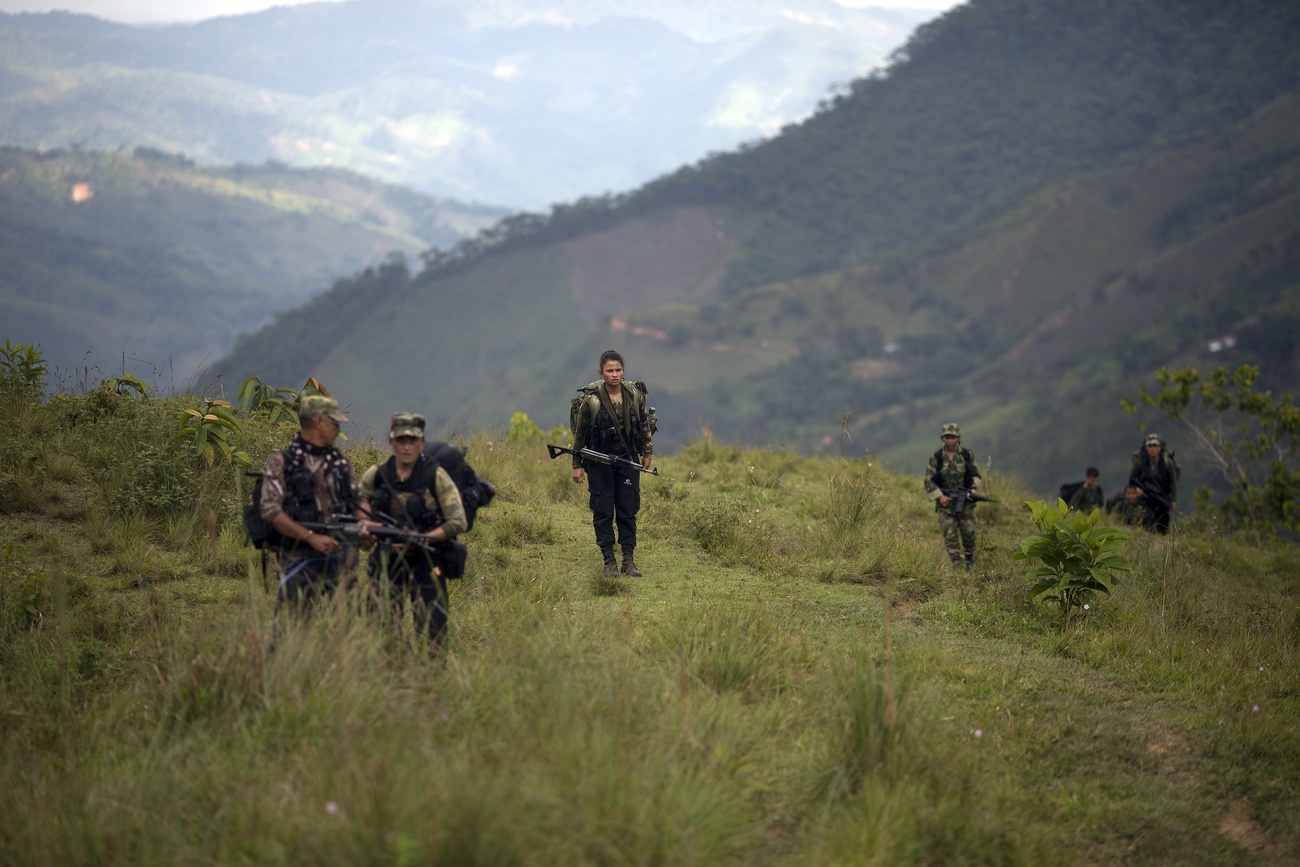
More
Switzerland supports Colombia peace talks

In compliance with the JTI standards
More: SWI swissinfo.ch certified by the Journalism Trust Initiative
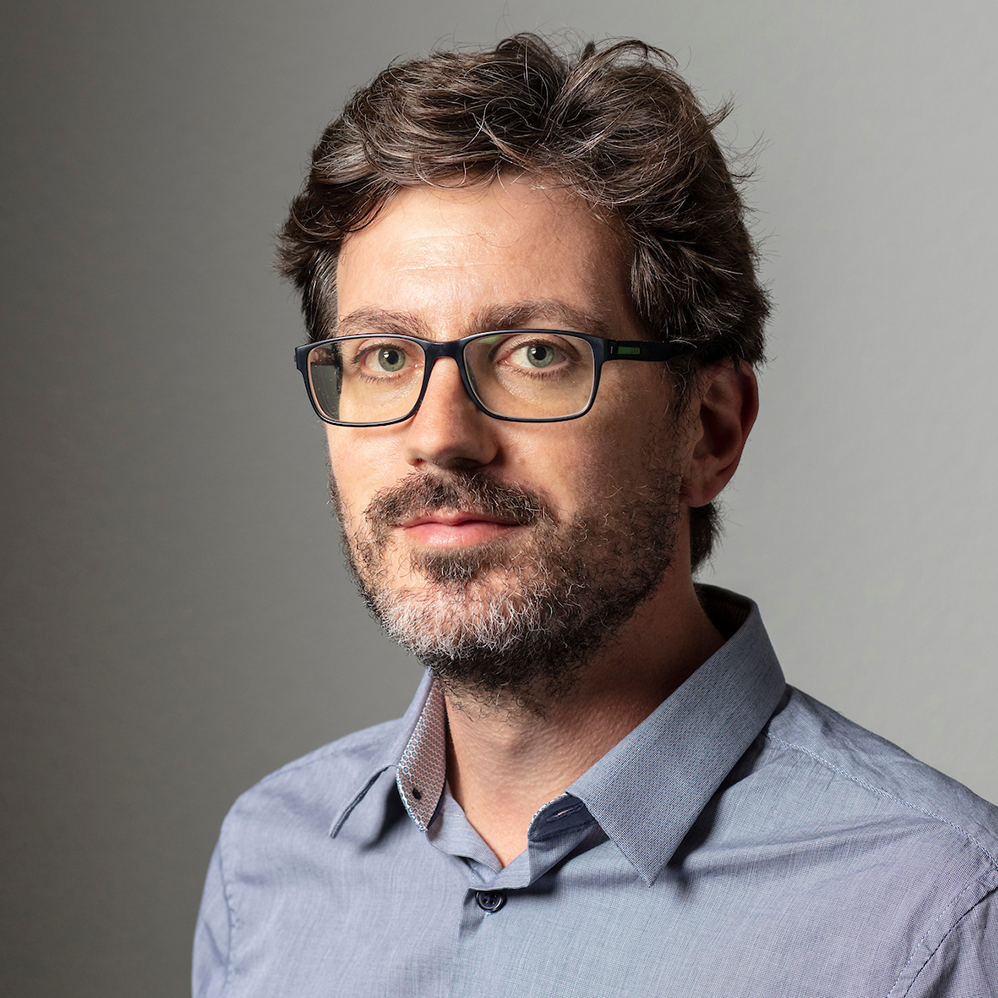

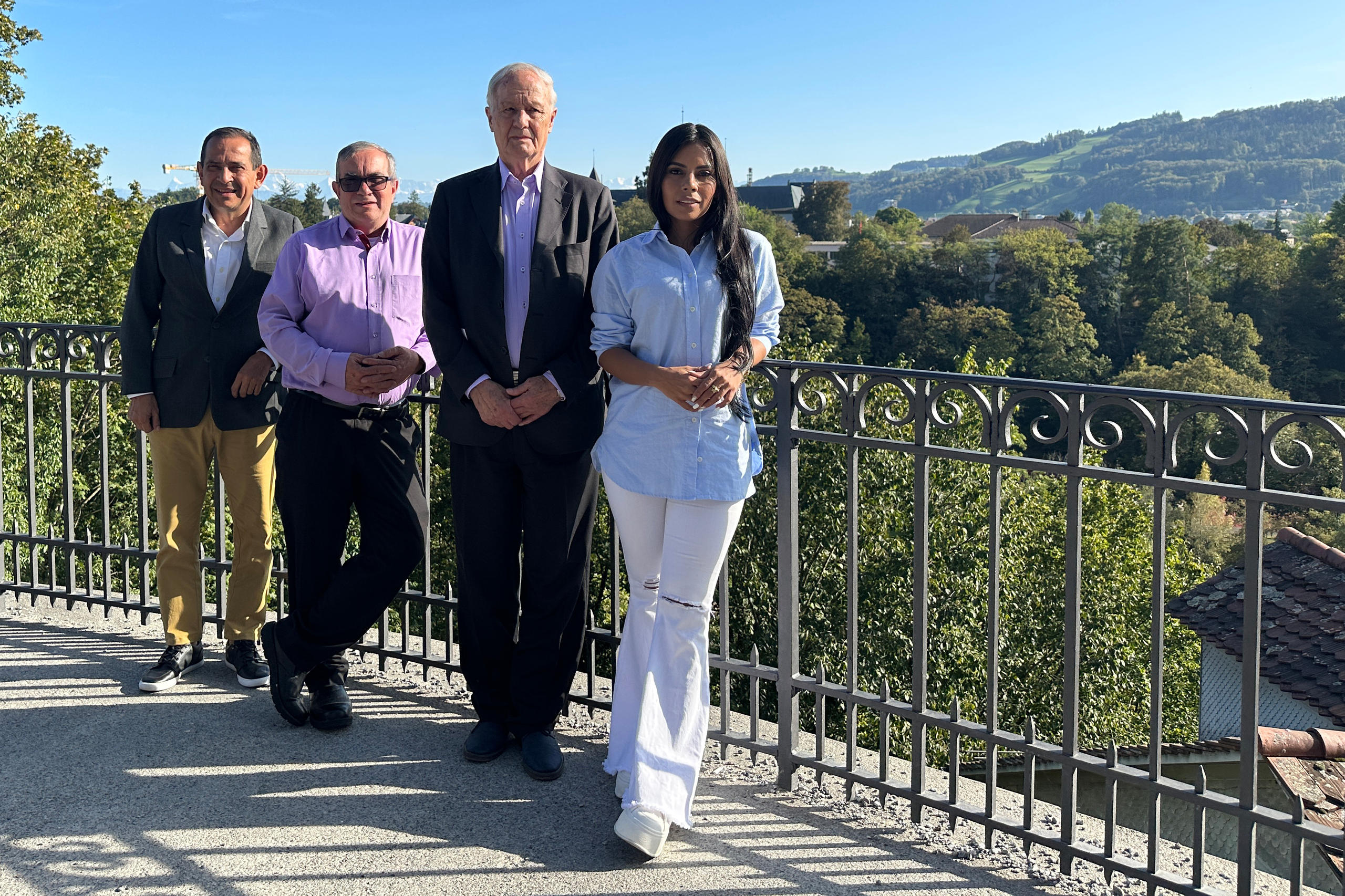


You can find an overview of ongoing debates with our journalists here. Please join us!
If you want to start a conversation about a topic raised in this article or want to report factual errors, email us at english@swissinfo.ch.